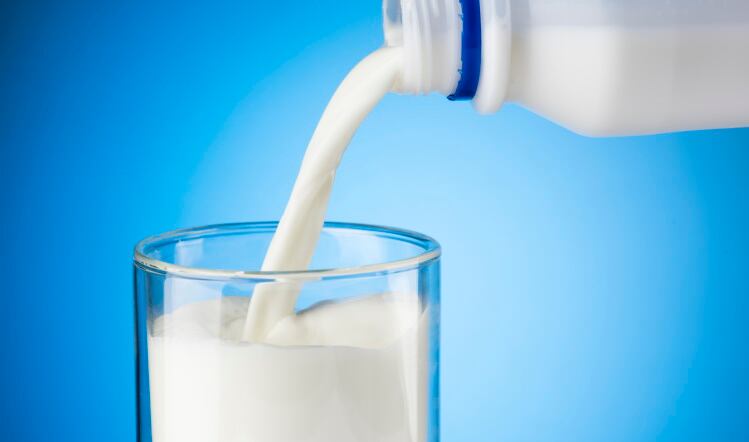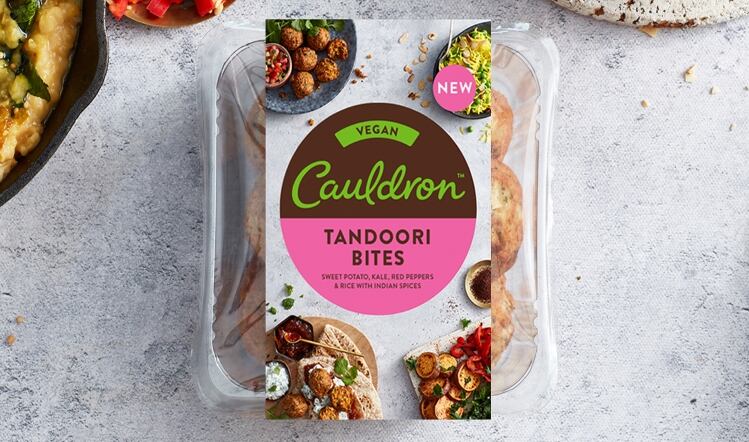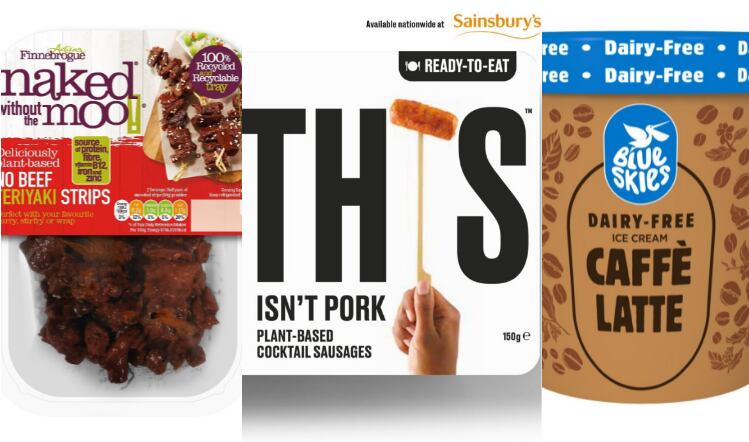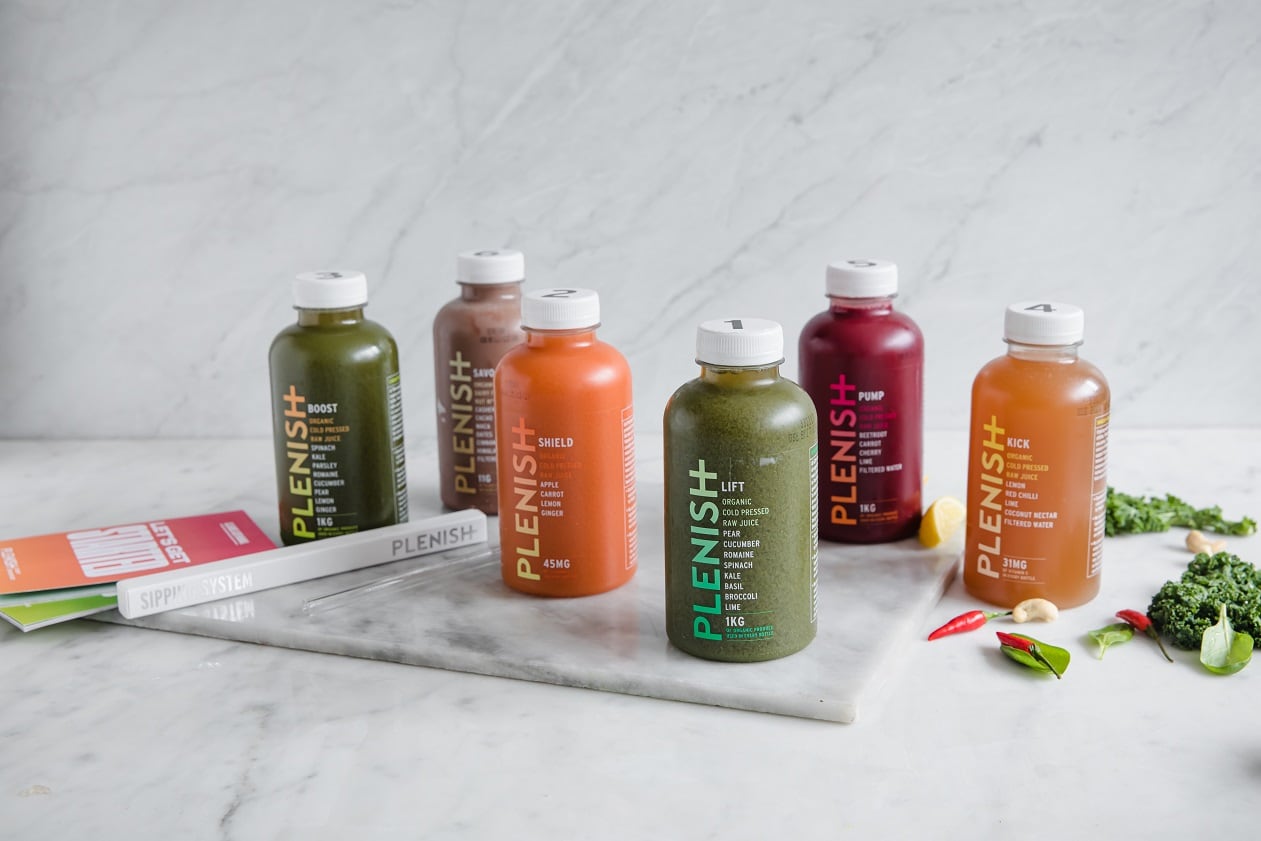Amendment 171 – dubbed plant-based dairy censorship by campaigners – would have prohibited the use of familiar formats such as cartons for plant-based milk and descriptive terms such as ‘creamy’, ‘buttery’ or ‘vegan alternative to yoghurt’ on packaging.
Originally proposed by the European Parliament’s AGRI Committee last year, the amendment was criticised for not being subjected to the normal process of public scrutiny via an impact assessment or open consultation.
The European Parliament, the European Council and the European Commission have now dropped the proposals. The move follows months of protest by pressure groups, the general public and members of the plant-based food and drink industry – including Oatly, Nestlé and Alpro.
‘Common-sense’
Pressure group ProVeg International described the decision as a ‘common-sense victory’ that listened to the voices of EU citizens, the industry and experts.
“It would be absurd to censor plant-based products at the same time as telling consumers to switch to a plant-based diet,” said vice president Jasmijn de Boo. “Imagine censoring electric cars or recycled paper.
“We applaud the EU for its clear-sightedness under immense pressure from environmentally reckless interests.”
Member of European Parliament Francisco Guerreiro lamented the time lost trying to find a compromise over the amendment, time that could have been spent working to promote plant-based diets.
Sustainability
“The plant-based industry is playing a vital role in the fields of environmental sustainability, human health and animal welfare and the EU must support its growth, not halt it,” he added.
“There is a broad consensus among food, dietetics and nutrition authorities, and international organisations that – for both health and environmental reasons – our diet should include more and more plant-based products and less and less animal-based products.”
Last year, members of the European Parliament spurned proposals to reserve meat-related names – such as sausages and burgers – for products containing meat.
The vote followed calls from food industry members – including European farming association Copa-Cogeca – to ban terms such as veggie burgers and vegan sausages for plant-based products. Proponents of the move fear these terms could mislead customers.





